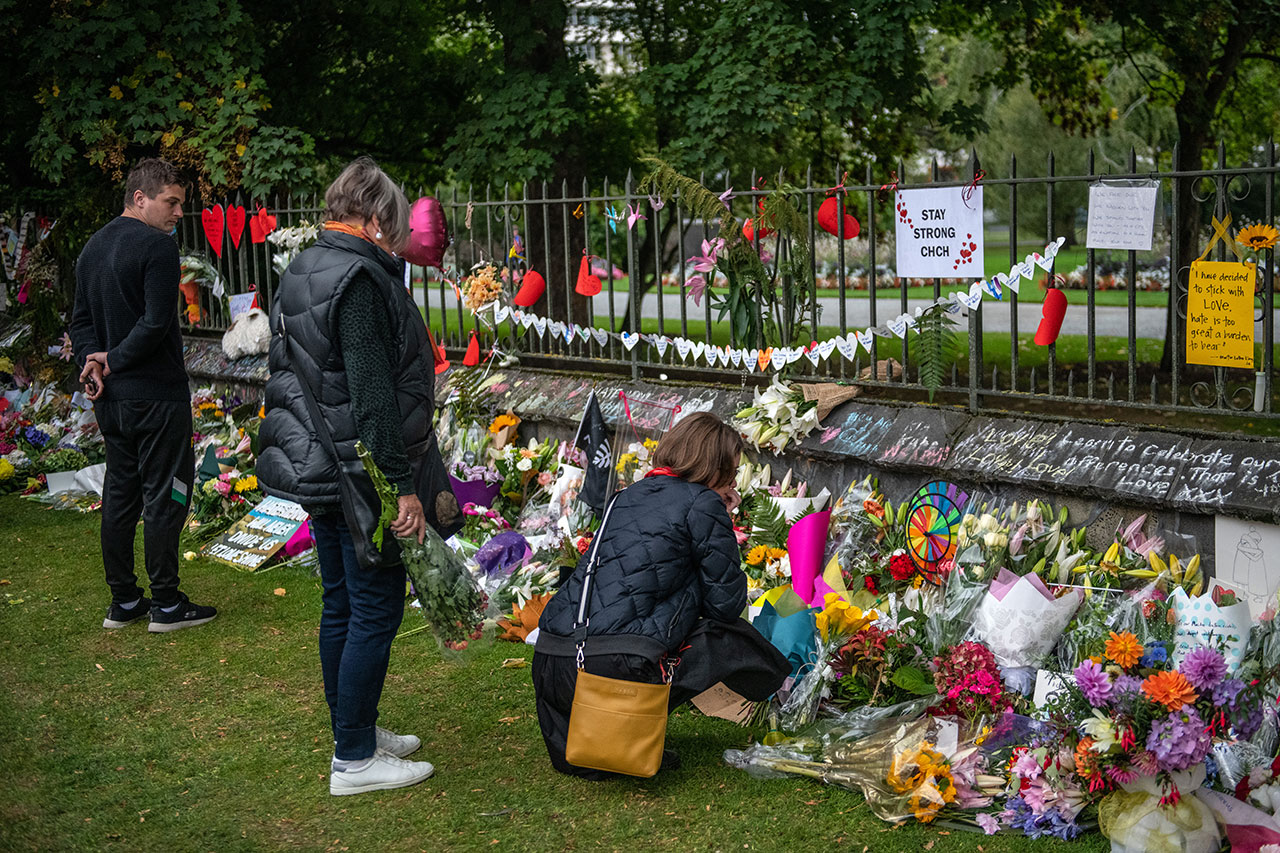The day before the massacres of Muslims in the Christchurch mosques, my French niece, who works in Australia, called for a chat. She said that if she stayed in Australia a year or two longer, she would be eligible for citizenship, but she wanted to return to France. We advised her to stay; citizenship would make it easy for her if, for some reason, she ever wanted to return.
She said that the only reason she might want to return was the terrorism in France. Her brother, after all, had been in the Stade de France, the French national stadium, on the evening in 2015 when three terrorists tried (but fortunately failed) to gain entry to the stadium to cause as many deaths as possible during a soccer match between France and Germany, attended by the French president and the German chancellor. A little later that evening, Muslim extremists attacked a café and restaurant and concert venue in central Paris, killing in total that evening 130 people, not including seven of themselves.
Finally, a reason to check your email.
Sign up for our free newsletter today.
We said to our niece that, despite this, the chances of being affected by a terrorist attack were infinitesimally small. There were hundreds of causes of mortality more prevalent than this. We spoke as if fears were—or could be—strictly proportional to the statistical risks. But terrorism doesn’t work on the human psyche by appealing to the rational mind; it instills its fear at a deeper, more elemental level.
The next day, I saw in the news that there had been an attack on two mosques in Christchurch, New Zealand. An Egyptian friend of my wife’s, with whom we had spent a week recently in Bahrain, had a brother in law—her husband’s brother—who had gone to live in New Zealand many years before in order to seek peace and tranquillity. The brothers were of Iraqi origin; in their childhood, they had known little but political tragedy. What place on earth could be further from the chaos of the Middle East than Christchurch, New Zealand?
My wife contacted her friend. Her nephew, her brother-in-law’s son, was among the missing. A few hours later, he was confirmed as one of the dozens killed.
I draw no large-scale political conclusions or lessons from this. We cannot determine policy purely by anecdote. But if my niece calls again, I do not think that we shall dismiss her fears of terrorism on actuarial grounds quite so lightly.
Photo by Carl Court/Getty Images
